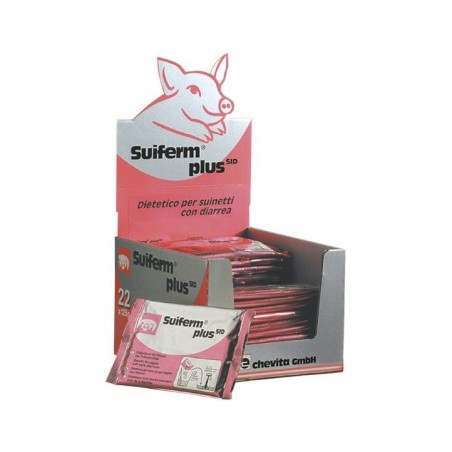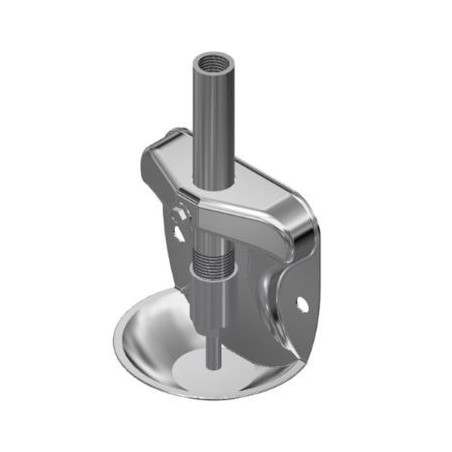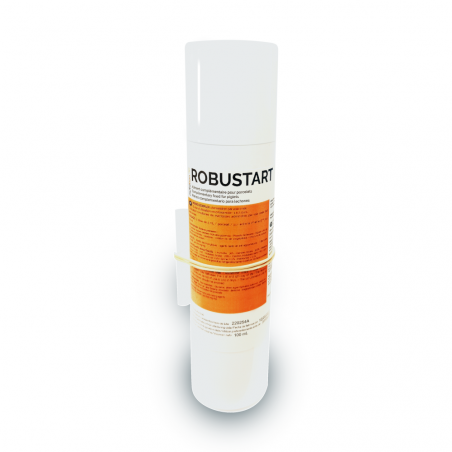In the search for replacing the pharmacological supplementation of ZnO, low-protein diets, essential oils, and enzymes are currently in the spotlight. In this trial it was hypothesized that different ratios of inorganic zinc and organic zinc at 1,000 mg/kg or a low-protein diet with commercial feed additives containing either essential oils, protease and xylanase could replace high-dose ZnO by preventing diarrhoea and improving nutrient digestibility and gut health. For that purpose, thirty-six weaned piglets with an initial body weight of 8.43 ± 0.40 kg (28 days of age, ([Landrace × Yorkshire] × Duroc) were randomly assigned to 6 treatments for a 2-week feeding trial to determine the effects of different inorganic zinc, organic zinc, or combination of low crude protein diet and mixed feed additive on diarrhoea score, nutrient digestibility, zinc utilization, blood profiles, organ weight, and faecal microflora in weaned piglet diet. The pigs were individually placed in 45 × 55 × 45 cm stainless steel metabolism cages in an environmentally controlled room. The dietary treatments included a negative control, positive control (zinc oxide, 1,000 mg/kg), T1 (Inorganic zinc : organic zinc, 850 : 150), T2 (inorganic zinc : organic zinc 700 : 300), T3 (inorganic zinc : organic zinc, 500 : 500), and T4 (low crude protein + mixed feed additive [0.1% essential oils + 0.08% protease + 0.02% xylanase]).
The diarrhoea score was significantly increased in the negative control treatment compared with other treatments. The apparent total tract digestibility of dry matter, nitrogen, and gross energy was significantly increased in the T2 treatment compared with the positive control and negative control treatments in week 1. In week 2, the apparent total tract digestibility of dry matter, nitrogen, and gross energy was significantly decreased in the negative control treatment compared with other treatments. The T3 treatment had significantly higher apparent total tract digestibility and apparent ileal digestibility of zinc than the positive control and T1 treatments. The Escherichia coli count in faeces was significantly decreased in the T4 treatment compared with the negative control and T2 treatments. The Lactobacillus count in faeces was significantly increased in the T4 and T1 treatment compared with the T2 and T3 treatments.

In conclusion, inorganic zinc : organic zinc 500 : 500 levels could improve nutrient digestibility and zinc utilization in weaned piglets. Moreover, mixed feed additive in low crude protein diets could be used as a zinc alternative.
Oh HJ, Kim MH, Lee JH, Kim YJ, An JW, Chang SY, Go YB, Song DC, Cho HA, Jo MS, Kim DY, Kim MJ, Cho SB, Kim HB, Cho JH. Effects of different inorganic: organic zinc ratios or combination of low crude protein diet and mixed feed additive in weaned piglet diets. Journal of Animal Science and Technology. 2022; 64(1): 23. https://doi.org/10.5187/jast.2021.e120







